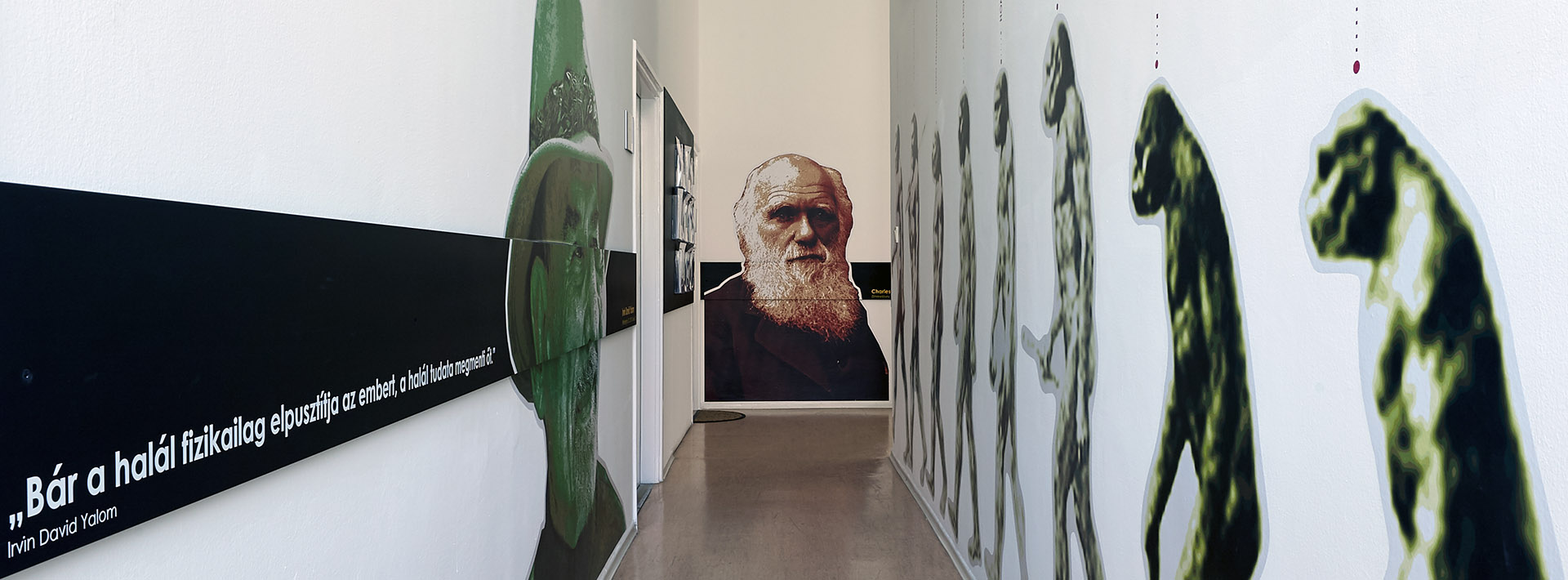Data
Official data in SubjectManager for the following academic year: 2024-2025
Course director
-
Tuboly Ádám Tamás
research associate professor,
-
Number of hours/semester
lectures: 12 hours
practices: 0 hours
seminars: 0 hours
total of: 12 hours
Subject data
- Code of subject: OPF-ALT-T
- 1 kredit
- Pharmacy
- Optional modul
- autumn
-
Course headcount limitations
min. 5 – max. 35
Available as Campus course for . Campus-karok: BTK TTK
Topic
The course covers “alternative facts”, “post-truth”, and “pseudoscience” by introducing the concepts and their characteristics. The main goal is that by the end of the lectures, student shall be able to recognize, identify, and criticize these notions within the sciences (especially within medical science) and public debates. The interdisciplinary framework to assess these current challenges are provided by sociology, history, and philosophy of science, critical thinking, and argumentation. By discussing such concepts as knowledge, fact, distortions, fake news, bad and pseudoscience, we analyse all those places and points where people tend to bend reality in their favour (alternative facts), misuse and abuse weak points of the scientific edifice (pseudoscience). Besides recognizing all these dangers, in the last lectures we also provide further positive strategies, so the students will be more prepared in their everyday and scholarly practices against the pseudosciences and defenders of alternative facts.
Lectures
- 1.
Introduction, registration, administration
- Tuboly Ádám Tamás - 2.
What is science? Which place the medical sciences occupy among the sciences?
- Tuboly Ádám Tamás - 3.
What is knowledge? Making of medical knowledge
- Tuboly Ádám Tamás - 4.
What are facts? The distinction between facts, alternative facts, and theory-laden facts
- Tuboly Ádám Tamás - 5.
What is pseudoscience? The demarcation problem and Sir Karl Popper
- Tuboly Ádám Tamás - 6.
From junk science to fraud science and fringe science
- Tuboly Ádám Tamás - 7.
Cognitive distortions: examples and definitions 1.
- Tuboly Ádám Tamás - 8.
Cognitive distortions: examples and definitions 2.
- Tuboly Ádám Tamás - 9.
Struggles of science communication (the deficit model)
- Tuboly Ádám Tamás - 10.
The ethics of science communication
- Tuboly Ádám Tamás - 11.
Debunking and understanding the (pseudo)sciences
- Tuboly Ádám Tamás - 12.
Inoculation and psychological approaches to alternative facts
- Tuboly Ádám Tamás
Practices
Seminars
Reading material
Obligatory literature
Dániel Bárdos and Adam Tamas Tuboly: Science, Pseudoscience, and the Demarcation Problem. Book manuscript under review at Camrbidge University Press.
Michael Gordin (2023). Very Short Introduction to Pseudoscience. Oxford University Press.
Literature developed by the Department
Notes
Recommended literature
Lee McIntyre (2018). Post-Truth. MIT Press.
Miriam Solomon (2015). Making Medical Knowledge. Oxford University Press.
Lee McIntyre (2022). How to Talk to a Science Denier. MIT Press.
Jacob Stegenga (2018). Medical Nihilism. Oxford University Press.
Robert Park (2000). Voodoo science The road from Foolishness to Fraud. Oxford University Press.
Conditions for acceptance of the semester
.
Mid-term exams
Active participation in the course, a final essay at the end.
Making up for missed classes
Possible by individual appointment.
Exam topics/questions
.
Examiners
- Tuboly Ádám Tamás
